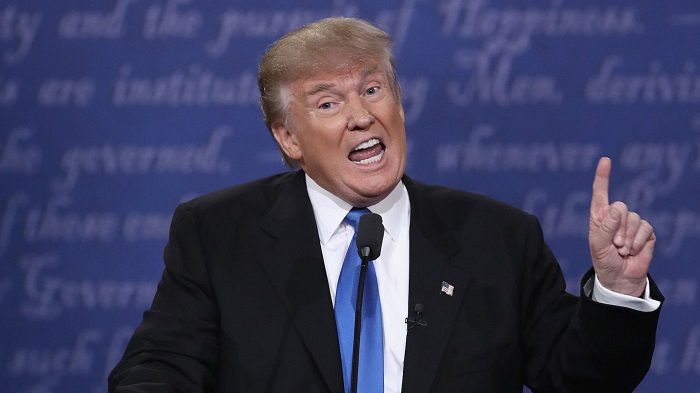Could JCPOA Survive Trump’s Withdrawal?

The IAEA reaffirmed last week that Iran was in compliance with the nuclear deal. But, President Trump had said earlier that Iran was unlikely to remain committed until October. News of an exit plan from JCPOA by the US was also published by John Bolton. Nevertheless, the EU, China, and Russia, and recently BRICS, have reiterated the importance of all parties to remain in compliance with the JCPOA.
Jalil Bayat, reporter of Persia Digest, has conducted an interview on the future of the Iran nuclear deal with John Tirman, Executive Director & Principal Research Scientist at MIT Center for International Studies. John Tirman has written numerous articles on US-Iran relations. He has also coedited the book "U.S.-Iran Misperceptions: A Dialogue" with Abbas Maleki. This is his 14th book on global affairs.
You can read the interview here:
Q: What do you think is President Trump’s main reason for being against JCPOA? To date, he has not spoken of his reasons for opposing the deal. He has only said that it is not in America’s interest and pointed out to the one billion 700 million USD in cash returned to Iran.
A: Trump is echoing the right wing abhorrence of the nuclear agreement. Republicans generally opposed JCPOA at the time of the negotiations. They insist that Iran is not trustworthy and that the deal is masking covert activities aimed at producing a nuclear weapon. Trump is also motivated by his hatred of all things Obama accomplished, and JCPOA is Obama’s major foreign-policy achievement. The money returned to Iran was Iran’s frozen assets, not U.S. funds, but this distinction is intentionally blurred in right-wing discourse, especially on social media. The IRI has consistently been held in disfavor by the American public, so it’s easy politically to brand them as villainous.
Q: In your view, will Donald Trump leave the Iran nuclear deal in the same way he left the Trans-Pacific Partnership and Paris Agreement? Or are his verbal threats just that?
A: I expect him to withdraw from the deal. This is his pattern. Unfortunately, there are many in the U.S. besides his political base who do not like the deal, so-called neocons, the Israel Lobby, and some in the national-security community. They have influence that is larger than their numbers. There are those in the administration—McMaster and Mattis particularly—who are not friends of Iran but may advise not withdrawing from JCPOA, because the consequences for regional security would be dire. Like the Paris Agreement, however, JCPOA is multilateral and could survive U.S. withdrawal.
Q: What will the consequences be for the US if it withdraws from the agreement? How will it impact international confidence in US commitments?
A: It’s difficult to predict consequences. A lot depends on Iran and how the IRI reacts in that event. The worst case is if Iran makes moves toward weaponization—such as enriching uranium to 20% or more—and the U.S. or Israel use that as a rationale for a military attack on Iran. As to U.S. reputational costs, Trump has already subverted America’s leading role in the world and it will take a new president to restore that.
Q: What would be the reaction of the other parties involved in the 3 + 3 discussions, especially the EU, to the possible withdrawal by the US? Will they have to remain in agreement with the US or with the nuclear deal? How will bilateral relations between the US and the EU be affected?
A: There are indications that the other five major parties to the agreement will remain dedicated to it as long as Iran complies. The EU foreign minister, Federica Mogherini, has said as much, and Russia and China are unlikely to be the deal breakers in this case. It is now a U.N. agreement, in effect, having been endorsed by the UN Security Council. It is very much in Iran’s economic interests to remain in the JCPOA.
Q: How will the international community, especially banks, corporations, and financial institutions, react to the possible withdrawal of the US from JCPOA? Right now, many large banks are not willing to cooperate with Iran in fear of punitive actions by the US. If the US withdraws, will Iran’s opportunities for economic growth and the normalization of its trade gained through JCPOA be under threat again?
A: This is the main problem for Iran. Withdrawal by the U.S. may be accompanied by sanctions that place such corporations in jeopardy. The question is whether the U.S. can act unilaterally without deleterious consequences for American economic interests and the relations with Europe and China particularly. Europeans chafed under the previous U.S. sanctions and they may resist them again, but exactly how that can be done is unknown. But if Iran also withdraws from JCPOA, the economic consequences for Iran will be far worse.
* This piece was originally published in Persia Digest.

